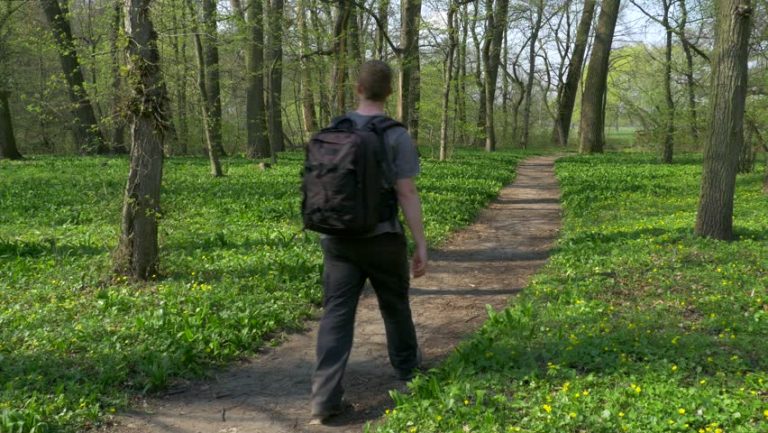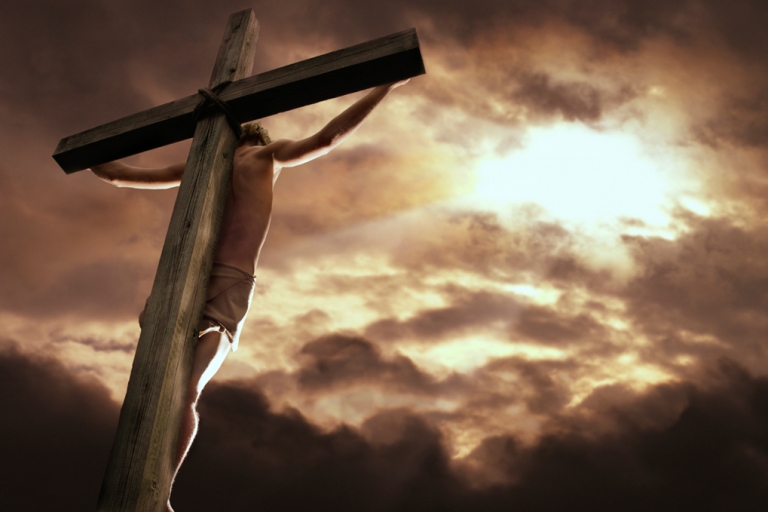No one can come to me unless the Father who sent me draws him, and I will raise him up at the last day. It is written in the Prophets: “They will all be taught by God.” Everyone who listens to the Father and learns from him comes to me. No one has seen the Father except the one who is from God; only he has seen the Father. I tell you the truth, he who believes has everlasting life.
(John 6:44-47, NIV)
He lay crumpled in a bed in his house, a boy the size of a 14-year-old adolescent in a 20-year-old body. The nurses had told the intensivist that he was unwilling to live. That doctor called me, a psychiatrist, to consult the case. The boy’s history was rather sad. Jesse (not his real name) had suffered from cystic fibrosis; and his lungs had required surgery at Stanford University in Palo Alto, California, by a renowned specialist. But after the surgery, he gained thirty pounds and started to grow into adolescence.
He got interested in cars with his older brother, who suffered from a milder form of cystic fibrosis. What was amazing was that he started getting involved in demolition derby racing. His eyes lit up as he recounted his exploits and how he repaired the cars to keep going. Jesse identified with their broken frames and steel determination.
But something happened, whereupon he lost his will. He was off the transplant list because of his father. Jesse had always been close to him; but two years earlier, he had held back his father’s dog with a choke chain as it tried to attack his cat. The father struck Jesse in the face, as he shouted, “You’re choking my dog!” Jesse moved out after that. Stanford sent the yearly update to transplant-list patients, but his dad never forwarded it.

So, Jesse was off the list. He had to move in with his brother because of his declining health. The race car keys hung on the wall. “I would like Dad to act like he cared. I would like him to always be there like he was in the past,” he lamented. I knew I could have spent hours in this area of loss, but I was there to assess his lethality and treatment options. But I lingered. I said a silent prayer for God to impress upon me what I should pursue.
I asked Jesse about his fears and his hopes. What about his dreams? His racing? What happens after one dies? Did he think he could heal his hurt with Dad? I talked an hour on these thoughts and on something else– about Jesus and how He loved him. I spoke of the hope that is out there, and how Jesus wants us to be close to the Father. In the end, I asked if he would be willing for me to have a prayer with him. He agreed.
I left the room praying that this message might take hold like the adhesive Bondo to his damaged heart. Would he ever leave that bed to participate in another race? The next morning I arrived at my office to see flowers on my desk. It was a message of thanks from the intensivist. He wrote, “Jesse wants to be on the transplant list, and he wants to know Jesus. Thank you so much.”
– Thomas J. Andrew, LLUSM class of 1978-B
